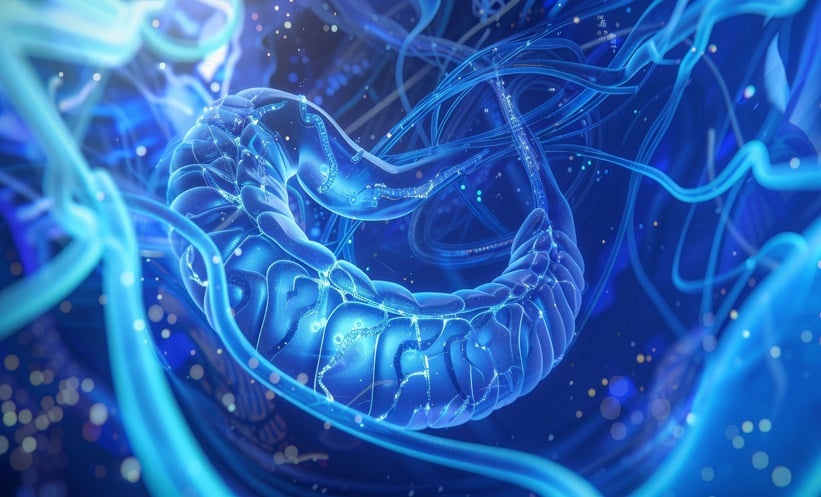AI-DRIVEN endoscopic ultrasound (EUS) has demonstrated high accuracy in detecting and differentiating pleomorphic pancreatic lesions, according to new research presented at the American College of Gastroenterology (ACG) 2024 Annual Meeting.
Endoscopic ultrasound is a favoured tool for assessing pancreatic lesions and obtaining biopsy samples. However, its diagnostic accuracy for distinguishing between pancreatic cystic neoplasms (PCN) and pancreatic solid lesions (PSL) remains limited. PCNs consist of mucinous (M-PCN) and non-mucinous (NM-PCN) cysts, while PSLs typically include pancreatic adenocarcinoma (P-ADC) and pancreatic neuroendocrine tumours (P-NET).
To improve diagnostic capability, the transatlantic multicentre study leveraged AI to develop a convolutional neural network (CNN) for differentiating cystic (M-PCN, NM-PCN) and solid (P-ADC, P-NET) pancreatic lesions. The study included 378 EUS exams from four international reference centres across Portugal, Spain, USA, and Brazil, yielding a dataset of 126,000 images: 19,528 of M-PCN, 8,175 of NM-PCN, 64,286 of P-ADC, 29,153 of P-NET, and 4,858 of normal pancreas.
The study’s trinary CNN identified normal pancreatic tissue, M-PCN, and NM-PCN, while a binary CNN distinguished between P-ADC and P-NET. Divided into a 90% training set and a 10% testing set, the model achieved robust performance metrics. It exhibited an accuracy of 99.1% for normal pancreas, 99.0% for M-PCN, and 99.8% for NM-PCN. For PSLs, it identified P-ADC and P-NET with 94.0% accuracy, showing a sensitivity of 98.7% for P-ADC and 83.7% for P-NET.
This CNN model represents the first AI tool developed for EUS with the capacity to accurately detect and classify both cystic and solid pancreatic lesions across diverse demographics. The high sensitivity and accuracy for different lesion types highlight its potential to significantly enhance clinical decision-making and diagnostic outcomes in pancreatic pathology. To further validate and operationalise this AI-driven technology, large-scale, real-time multicentre studies are recommended.
Ada Enesco, EMJ
Reference
Mendes F et al. Artificial intelligence-driven endoscopic ultrasound for detection and differentiation of pleomorphic pancreatic lesions: A Transatlantic Study. ACG Annual Meeting 2024, 25-30 October, 2024.








